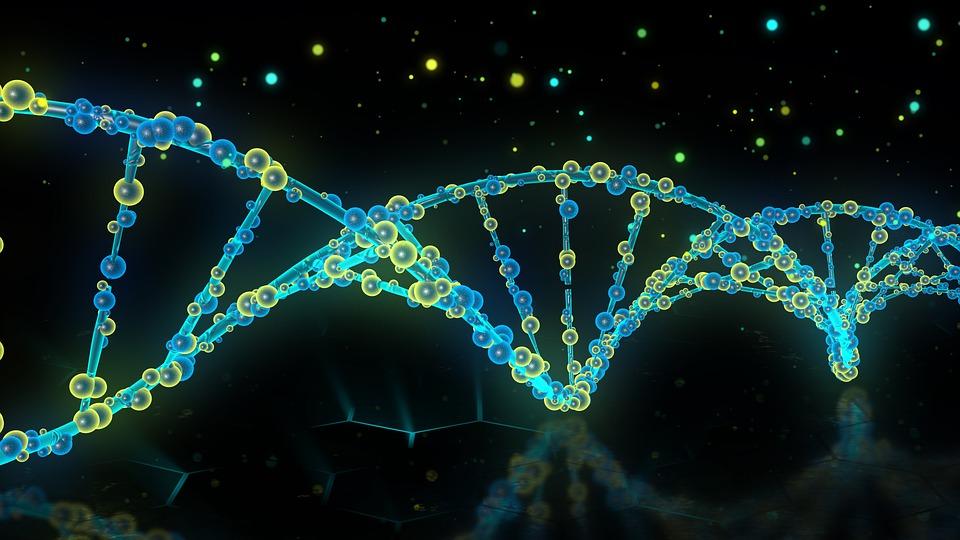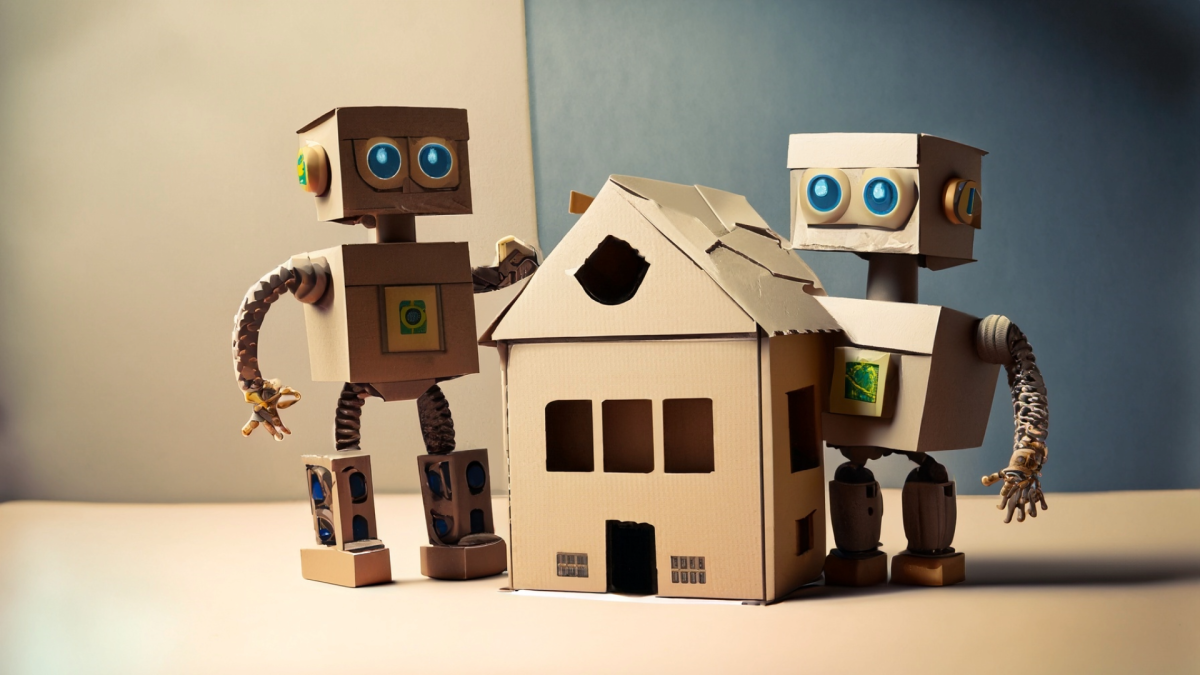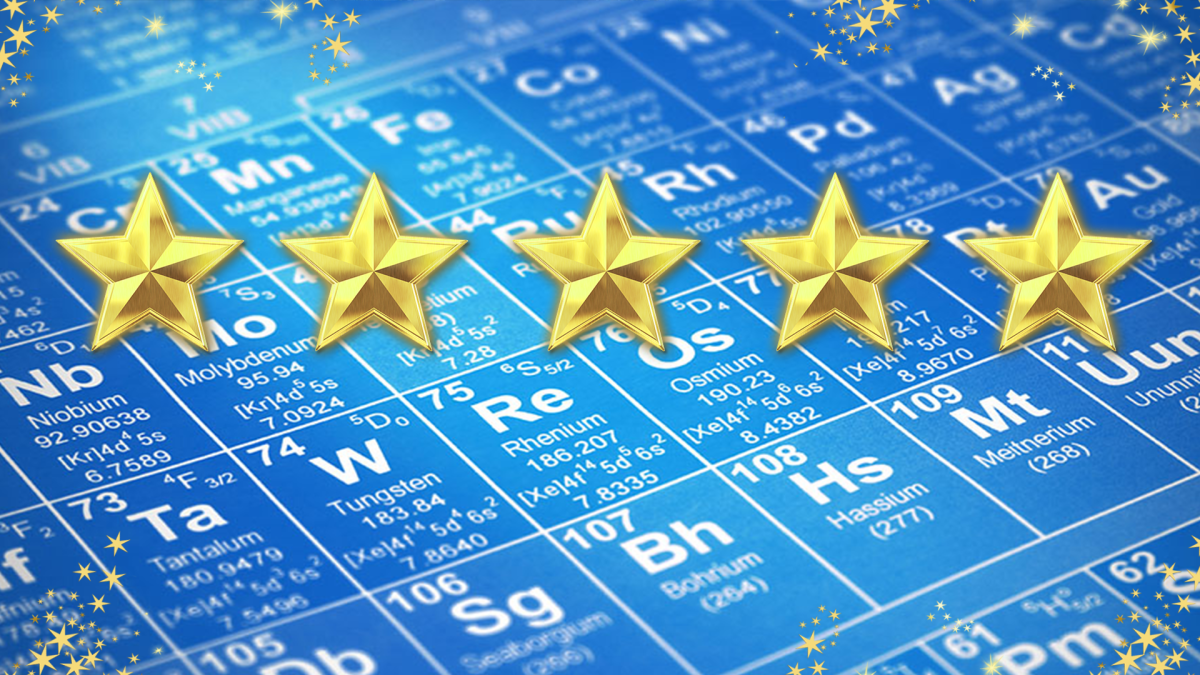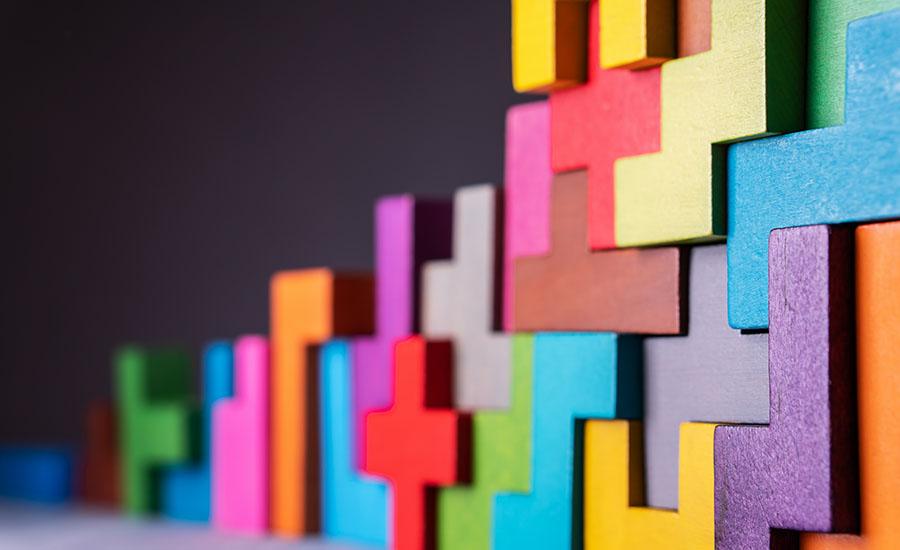
Grades:
Kindergarten, 1st Grade
In this lesson, students will practice “counting on” from any given number using Sphero Indi coding paths. Students will create a path made of at least 4 or more tiles for Indi to follow. They will be

Featured
Best Class Plant
Grades:
1st Grade, 2nd Grade, 3rd Grade
This lesson is centered around the book, The World's Best Class Plant. It is intended for 1st-3rd grade. Ideally, teachers would use this lesson at the beginning of the year so they can have their

Grades:
1st Grade, 2nd Grade, 3rd Grade
In this lesson, students design, build and test model candy cars made from simple materials. They measure the changes in distance and travel by the addition of revision of design features. Students

Grades:
1st Grade, 2nd Grade, 3rd Grade
This maze activity builds all sorts of skills. Students will be improving spatial skills, logic skills, problem solving skills, math skills, technology skills, and fine motor skills Mazes provide

Grades:
Kindergarten, 1st Grade, 2nd Grade
This lesson is designed for K-2 students to explore and understand weather patterns using technology. Over the course of 45 minutes, students will use tablets or computers to gather real-time weather

Grades:
Kindergarten, 1st Grade
In this lesson, students will play a small group coding game to retell the events in the read aloud, If You Take A Mouse To School, and then use the Engineering Design Process to plan, design, and

Grades:
Kindergarten, 1st Grade
In this lesson, students will be introduced to coding with the read aloud Mouse Count, play a simple Bottle Cap Arrow Game to learn directionality, and learn to program their Code & Go Mice with arrow

Grades:
Kindergarten, 1st Grade, 2nd Grade, 3rd Grade, 4th Grade, 5th Grade, 6th Grade, 7th Grade, 8th Grade
Most students are likely familiar with popular films like Happy Feet, Surf’s Up, Penguins of Madagascar, and classic books like Mr. Popper's Penguins. Capitalizing on this familiarity with penguins

Grades:
3rd Grade
Students compare the structures and functions of traits that enable organisms to survive in a specific environment. Analyzing the traits of animals provides evidence for how those traits vary, how

Grades:
7th Grade, 8th Grade, 9th Grade, 10th Grade, 11th Grade, 12th Grade
Dive into the physics and engineering and programming of holonomic drives! Learn to code and control movement for your FTC robot with hands-on activities and real-world applications.

Grades:
4th Grade
Hike the trail to the Fort Bowie visitor's center and collect data on plants and artifacts you see there. This lesson involves data collection in the field and creative graphing in the classroom.

Grades:
7th Grade, 8th Grade, 9th Grade, 10th Grade, 11th Grade, 12th Grade
Students will investigate different counting methods to find out total number of outcomes to be applied in probabilities. They will learn about fundamental counting principle, permutations, and

Grades:
5th Grade
This lesson plan explores earthquakes and how to build structures that will stay standing. After learning about earthquakes, they will make their own dream house. They must consider the facts in

Grades:
3rd Grade, 4th Grade, 5th Grade
This lesson plan is an introduction to basic coding for students in 3rd - 5th grade. There is an activity that involves no technology before they go on a computer to practice their coding skills!

Grades:
Kindergarten, 1st Grade
This lesson is intended to teach students where seeds come from to grow fruits and vegetables. Students will participate in a seed investigation by reading a story and then finding seeds in various

Grades:
9th Grade, 10th Grade, 11th Grade, 12th Grade
The first rule in the chemistry lab is “don’t eat or drink or lick anything in the lab”! This lesson breaks those rules and shows students how culinary is really a practical application of chemistry

Grades:
1st Grade
In this first grade set of lessons, students will participate in science, math, experiments, and literature questions. Read Apples by Gail Gibbons and learn about the importance of washing your hands.

Grades:
9th Grade, 10th Grade, 11th Grade, 12th Grade
This is a 6-week lesson plan for high school students designed to measure and then increase the bat population in the field behind our school. This can be used in any area where bats populate, as long

Grades:
6th Grade, 7th Grade, 8th Grade
For this lesson, students will be using the LEGO Spike Prime Kits and LEGO Mindstorm software. Students will write programs using the Color Sensor to make the Driving Base autonomous. A variety of

Grades:
Kindergarten, 1st Grade
In this lesson students will explore bugs and their attributes. Students will also understand the difference between an insect and a bug, use math skills such as counting and symmetry, and also have

Grades:
Kindergarten
Students will explain how the apples are changing numbers through stem challenges and physical tests in this early childhood lesson.

Grades:
Kindergarten
Students will explain the difference between sink and float through hands on experiences in this early childhood lesson.

Grades:
7th Grade
In the lesson on upcycling empty water bottles, students will embark on an innovative and eco-friendly exploration of creative reuse, incorporating science, technology, engineering, and math (STEM)

Grades:
7th Grade
In the STEM Pine Cone Decoration lesson, students will embark on a creative and hands-on exploration of nature-inspired crafting, integrating science, technology, engineering, and math (STEM) concepts


